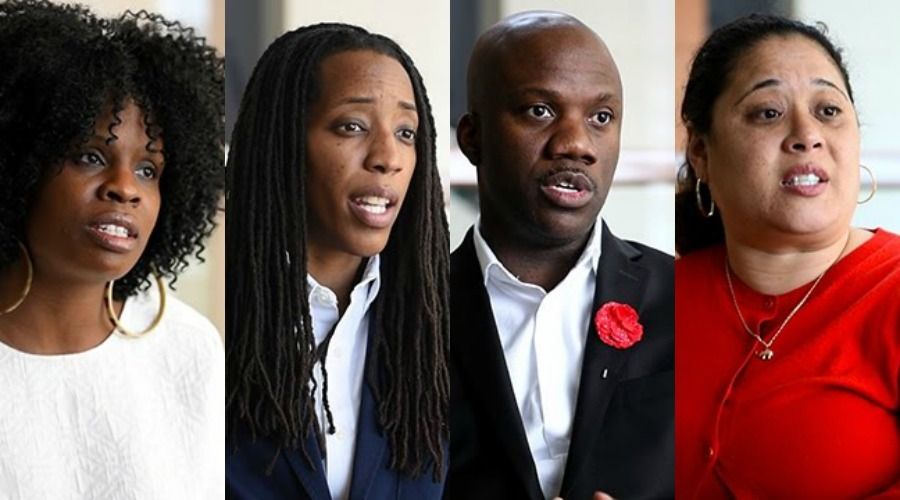Reading
Add Comment

Black girls are often ignored in policy making despite the fact that they are disproportionately pushed out of schools via punitive disciplinary measures. Thankfully, scholars and activists are taking up the gap in attention paid to the issues that affect them. A groundbreaking study of the challenges Black girl face was released last year by the African American Policy Institute.
According to Education Week:
According to federal data, black girls are suspended from school at a rate that is six times higher than that of their white female peers. In New York City and Boston, black girls represented 56 percent and 61 percent, respectively, of all girls disciplined in those cities’ K-12 schools, even as incidents of discipline against black girls go underreported. Black girls receive harsher criminal sentences than their white female peers do in the juvenile-justice system, and they also represent its fastest-growing population.
They interviewed four scholars about what Black girls in schools need.
Adrienne D. Dixson says that educators have to take more time to understand why kids behave the way they do. "Sometimes when kids feel oppressed or repressed they respond in the language that they know," she says. "Schools should recognize that...they're responding to an environment that doesn't help them feel free."
Terri Watson says, "I think Black girls are either seen as invisible or they're problematized." To change this she says the spaces they inhabit must adapt. "The challenge is not how do we change Black girls but how do we make sure that these places celebrate and respect them and who they are and view them as assets as opposed to problems."
Bettina Love says "Black girls are misunderstood" and encourages the exploration of Black Girlhood as a site of academic study. "I think if we're going to talk about the issues that are affecting the most vulnerable, it's Black girls and that hasn't been said," she explains. "I think we really need to think deeply about how we are disciplining, testing, interacting, engaging with our Black girls."
black girls school to prison pipeline schools
0 comments:
Post a Comment